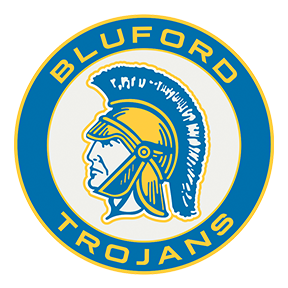This summer all of our kindergarten through third grades teachers (general ed., special ed., interventionist) participated in an extensive 30-hour training for the Orton-Gillingham teaching approach. The training focused not only on improving reading, writing, and spelling skills, but also taught how to give students the necessary tools to achieve greater success in school.
Rather than having students memorize lists from a spelling workbook to store in their short-term memories, we are incorporating the Orton-Gillingham methodology. It is a multi-sensory program that will enable students, by direct instruction, to review, learn new concepts, practice, and apply what they are learning. Orton-Gillingham is a methodology that has been utilized for over 50 years. Based on early research in dyslexia by Dr. Samuel T. Orton and Anna Gillingham, it was concluded that children who experience difficulty with reading and spelling need a solid phonics approach that is multi-sensory, systematic, structured, sequential, cumulative, and success oriented. We will conduct on-going assessments to monitor what students have mastered. Most importantly, they will acquire concepts that will be stored in their long-term memories.
In the past, students would study for weekly spelling tests and do well, but when later asked to read or write a particular word from that test, they cannot apply the knowledge in context or on paper. On the other hand, some students struggle and will continue to have a difficult time because they can't make connections to understand the significance of what they are learning. For the benefit of all students, we are integrating this hands-on, systematic, structured, sequential, cumulative, and success-oriented multi-sensory learning program.
The English language has two components: Phonetic words, which can be sounded out; and non-phonetic words, which are considered sight words, and must be memorized through multi-sensory techniques. Phonetic concepts will be taught each week in a sequential, relevant manner. Once concepts are taught, students will apply them in words, sentences, and stories. Every week the teachers will review, teach new concepts, discover, apply, and assess for mastery. Students will not have to study phonetic concepts or spelling rules due to the constant review and application based on previous knowledge. It is the non-phonetic words that must be studied weekly. Spelling tests will contain both phonetic and non-phonetic words, as well as sentence application.
As you can see, the idea of producing confident, independent, and knowledgeable readers with strategies to fall back on in school and in life ensures success. We feel strongly that in a time in which students have lost so much school time over the past several months, this approach is best allow students to solidify essential fundamental skills.

